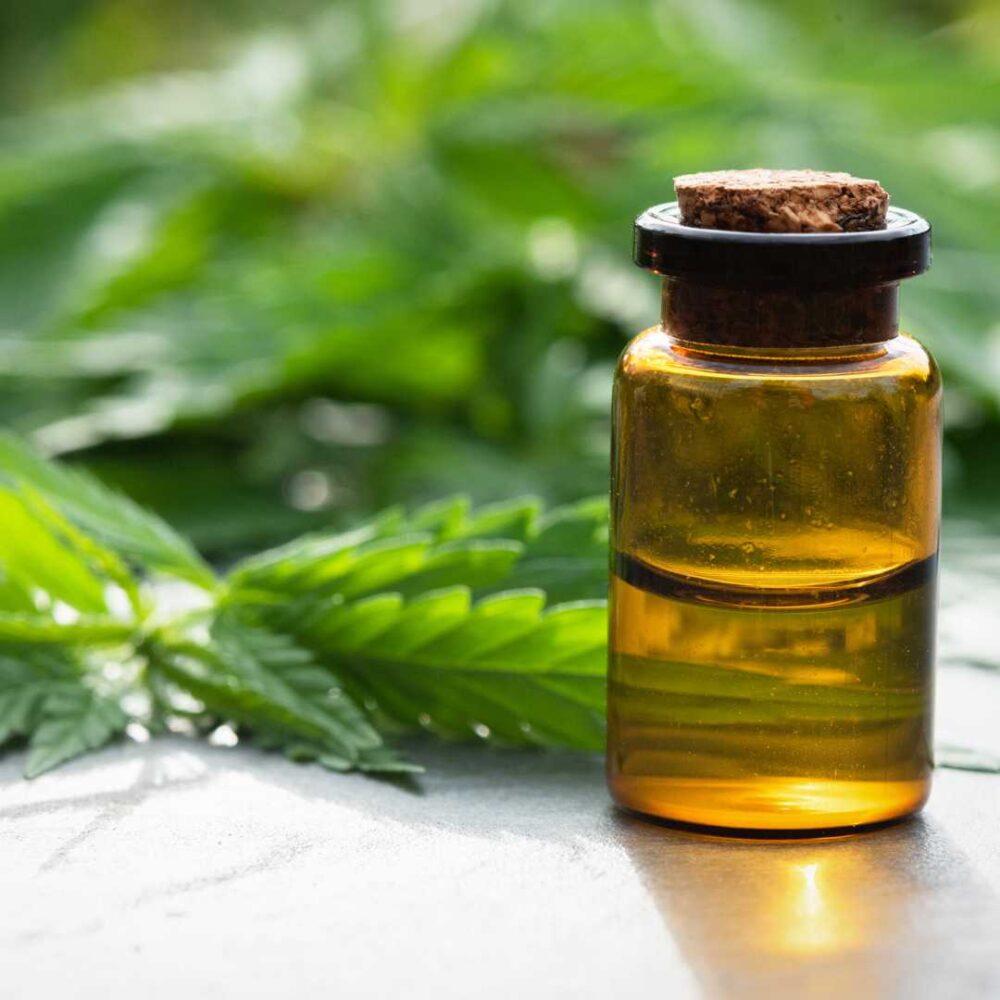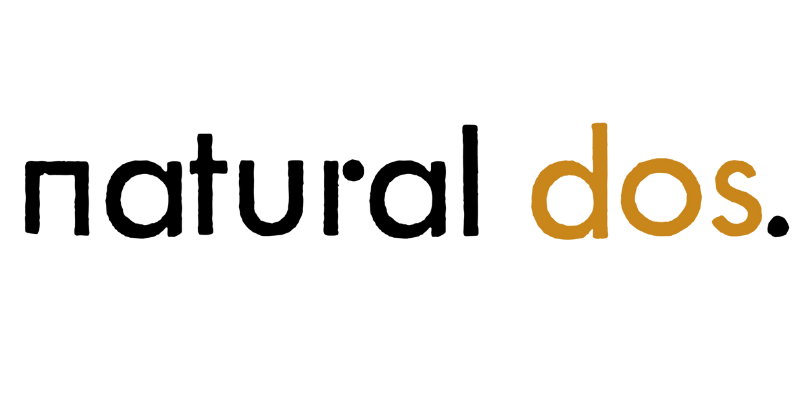
Little talked about in the CBD products space is the poor absorption of CBD into and through the body's cells in the digestive system. If you've been paying attention, most of the clinical studies assessing CBD efficacy use 100s to 1000s of mgs per day to achieve therapeutic effects.
Nano CBD oil using emulsifying agents is now on the market to solve this problem, leading to increased bioavailability. However, the original hemp plant cannabinoids, such as CBDA, are naturally water soluble, and have vastly superior absorption to CBD without using emulsifiers.
See our article that outlines the state of nano technology and how that compares to the natural bioavailability (absorption and metabolism) of CBDA.
Article Highlights
- CBD has poor absorption, in part because it is not water soluble
- Nano technology is used to create smaller particles of CBD oil in emulsifiers, which enhance absorption
- CBDA is naturally water soluble, and multiple clinical and preclinical studies show superior absorption to CBD and nano CBD oils
What is CBD and CBDA?
The hemp plant, like all cannabis sativa plants, makes over 100 different cannabinoids in the flower. The natural state of cannabinoids in the cannabis plant are in the "acidic form", such as CBDA (cannabidiolic acid) or THCA (tetrahydrocannabinolic acid). Both of these represent the most abundant acidic cannabinoids in the hemp plant or marijuana plant respectively.
Why don't you see many CBDA products?
Conventional processing and purification technology that scaled the hemp industry relied on heat based technology to purify CBD oil. However, heat causes CBDA oil to convert to CBD oil in a process termed decarboxylation. Because newer technology was not developed, the therapeutic effects of CBDA has largely been ignored as a byproduct of industry practice.
Until today. We now know that CBDA, and other acidic cannabinoids, have superior absorption properties compared to their neutral counterparts like CBD. In addition to interacting with the endocannabinoid system, CBDA has has potent secondary anti inflammatory properties and anxiolytic effects as well.
What is Nano CBD oil
Nano CBD oil is a type of formulation that creates smaller particles out of the CBD oil. This leads to increased bioavailability, meaning the body's cells can absorb more of the CBD oil when ingested.
Better absorption = better bioavailability = superior therapeutic effects
CBD products that utilize nano technology for CBD formulation have superior absorption and in theory, should see better therapeutic effects.
What is nano technology?
In the case of nano CBD oils, it is a process of mixing hydrophobic CBD with other lipids, surfactants or emulsifying compounds so that it creates smaller particles. These smaller, spherical particles are typically in the 10-800 nm range either before ingestion or upon mixing in the stomach.Why do smaller particles matter? There are two main benefits of small particles for compounds that are hydrophobic:
- Better absorption: smaller particles overall will have more surface area to interact with the epithelial layers in the stomach and intestine. This allows for more of the target compound located inside the nano sized particles to be taken up into the bloodstream.
- Metabolism and liver first pass: most of the compounds we absorb after ingestion are first metabolized by the enterocytes in the intestine or by the liver fairly rapidly. While this is a critical physiological process, it can also remove important drugs from your system before they can exert an effect. Some nano technologies, like SNEDDS (self nano-emulsifying drug delivery systems), are able to reduce the amount of metabolism by the enterocytes and promote longer and higher drug concentrations in the bloodstream.
Nano CBD vs regular CBD oil
CBD oil is hydrophobic, meaning it is not water soluble. This is a problem for absorption since most of our body's cells and blood is made up of water. Because of this, CBD has a fairly low rate of absorption at 6%, which can be variable based on the formulation and individual.
Much of the CBD oil may only slowly absorb in the gastrointestinal (GI) tract, and not outcompete the rate of metabolism. Thus, as CBD oil gets into the bloodstream, most of it gets metabolized out by the liver at the same rate it enters.
This explains why many preclinical and clinical CBD studies use a very high amount of CBD oil. For example, its not uncommon for refractory epileptic patients to take up to 2000mg a day.
Nano CBD and bioavailability
So what is the absorption difference between nano CBD oil and regular CBD oil?Absorption differences will depend on the nano emulsion technology used:
- In this study testing the bioavailability of SNEDDs, they found an average of 2-3 times higher AUC (bioavailability) and maximum concentration using this nano technology.
- Another study using a proprietary nano technology (PTL401) similar to SNEDD, found that it could enhance the bioavailability of CBD by 131% and 116% for THC.
- In this self emulsifying nano delivery system termed PNL, they were able to increase the bioavailability (AUC) by 6 to 9 times for CBD and THC.
As you can see, not all nano CBD products are made the same, and their efficacy can vary widely. Unfortunately, not many companies can or will list the pharmacokinetic studies of their proprietary nano CBD product, so it makes it difficult to tell what is the best.
Comparing nano CBD oil vs regular CBD oil bioavailability
How do scientists compare bioavailability (how well something absorbs) of a compound to another?You give CBD or the drug to multiple people, take a blood draw multiple times after ingestion, and test how much CBD is in the bloodstream. As seen in the figure below (derived from this nano CBD article), the CBD-PNL is a nano CBD oil and shows a much higher amount in the bloodstream.
Water soluble CBD oils
There are a number of ways to get CBD oil into water, nano emulsion is just one of them. In reality, all the technology around CBD bioavailability enhancement is just making it go into water using various emulsion compounds.
Thus, the "nano" just means that this water soluble CBD oil has a much smaller particles, and that usually translates into better absorption.
What are the emulsion chemicals that are needed to make CBD water? There are a ton of different compounds that do this, but all emulsions compounds have a "fat loving" and "water loving" side of the chemical. Soap would the best known emulsion class.
Absorption: CBDA vs nano CBD oil
Nano emulsion has long been used to enhance drug delivery, and is widely used in the beverage space to incorporate flavoring. The benefits of nano technology for use in cannabis plant extracts are obvious, but the efficacy can be variable.
Research on the efficacy of nano emulsion in drug delivery
On average, much of the research has found that you can increased bioavailability of a drug or compound by 1-3 fold, and in some cases as much as 4-6 fold. See below for a review of some prior studies:CBDA is naturally water soluble
The acidic cannabinoids are unique in their carboxylic group attachment that is lacking from their decarboxylated counterparts. When CBDA is converted to CBD, is loses the carboxylic group, and its water solubility.CBDA has between 450% to over 1000% better absorption than CBD oil. And some studies show that CBDA can be absorbed 14-fold higher when combined with other cannabinoids.
Proper CBDA formulations provide the highest bioavailability of any hemp plant based product.
How do you convert between fold change and percent?
- 1 fold change = 100% increased bioavailability
- 1.5 fold change = 150% increase
- 2 fold change = 200% increase
- 5 fold change = 500% increase
- 10 fold change = 1000% increase
Best CBDA oil to buy
CBDA absorption is enhanced by the presence of other cannabinoids, this is why we always recommend using a full spectrum CBDA oil, like what is found in all Natural Dos products.
The highest quality CBD products are full spectrum CBD oil or broad spectrum CBD oils because the combination of multiple cannabinoids leads to the entourage effect. This is termed since the therapeutic effects seem to be enhanced by the presence of multiple cannabinoids.
All quality hemp products should have third party lab tests and their reports, which are termed certificates of analysis (CoA). These will show the amount of cannabinoids and any potential contaminating compounds or microbials. We do not recommend buying from a company without a full CoA. If you are not familiar with how to read a CoA, see our CoA guide article.
Why Natural Dos is best
Natural Dos has pioneered Natural Spectrum CBDA oil, a high purity product that contains all the cannabinoids from the hemp plant.All our products come with 180 day money back guarantee, and come with third party lab tests from an ISO certified company.



